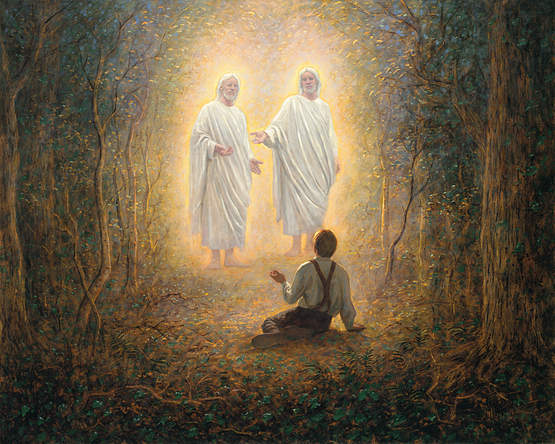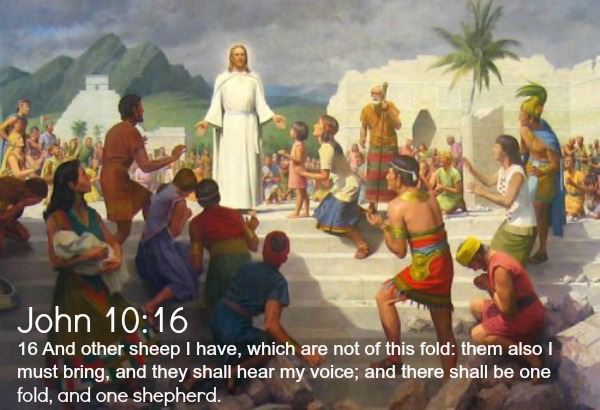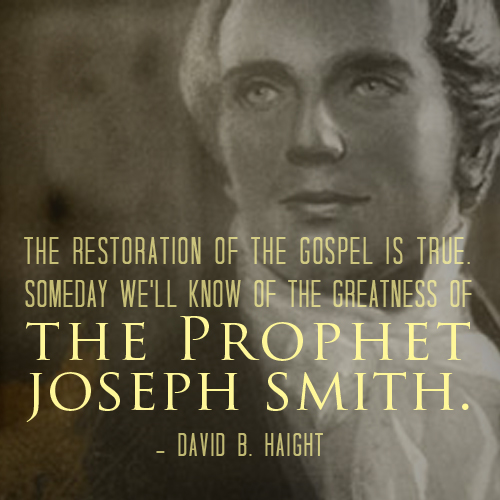A religious movement is a movement intended to bring about religious reforms. The Protestant Reformation, for example, was a religious movement of the 16th century for the reform of abuses in the Roman Catholic Church and resulted in the establishment of the Reformed and Protestant Churches. Today, there are approximately 41,000 Christian denominations (identifiable religious bodies under a common name, structure, and doctrine within Christianity) throughout the world.
Martin Luther, Protestant Reformation and Transformation
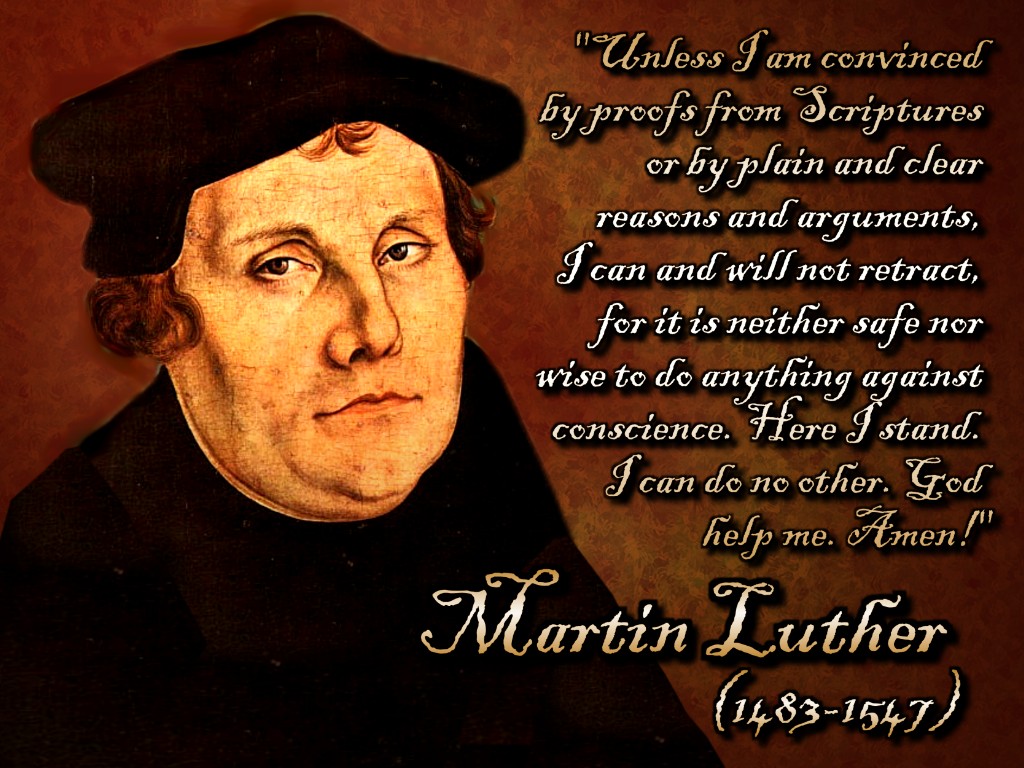 The Protestant Reformation was officially begun on Saturday, 31 October 1517, when Martin Luther, a German monk, Catholic priest, and professor of theology, nailed his 95 Theses (on the Power and Efficacy of Indulgences) on the doors of the Castle Church in Wittenberg, Germany. He prefaced his treatise with an open invitation to those wishing to debate his propositions to do so orally or in writing:
The Protestant Reformation was officially begun on Saturday, 31 October 1517, when Martin Luther, a German monk, Catholic priest, and professor of theology, nailed his 95 Theses (on the Power and Efficacy of Indulgences) on the doors of the Castle Church in Wittenberg, Germany. He prefaced his treatise with an open invitation to those wishing to debate his propositions to do so orally or in writing:
Out of love for the truth and the desire to bring it to light, the following propositions will be discussed at Wittenberg, under the presidency of the Reverend Father Martin Luther, Master of Arts and of Sacred Theology, and Lecturer in Ordinary on the same at that place. Wherefore he requests that those who are unable to be present and debate orally with us, may do so by letter.
In the Name our Lord Jesus Christ. Amen.
Even in the wake of pending excommunication from the church, Martin Luther continued to defend his grievances against the church. Because of his unwillingness to recant, he was branded as a heretic, and was excommunicated from the church on Thursday, 3 January 1521, by Pope Leo X.
One of the biggest changes to Christianity which was brought about by the reformation occurred in 1522 when the Bible was translated from Latin to German, thus allowing the people, for the first time, to own a copy of the sacred writ for themselves. Along with this advancement came the idea that people could read scripture themselves and determine through prayer what scripture meant. This was a revolutionary idea, because up until that time, laymen and women were required to depend on the professional clergy for everything in the realm of religion. The Bible was translated into English in 1526, thus furthering the cause of the reformation and bringing about the establishment of more churches throughout the world, including the Church of England which was established in the 1530’s.
Reformation was sweeping the German nation regardless, as well as the Swiss, the English, and other European countries; even starting war. Both Germany’s Peasants’ War (1524-1526) and Thirty Years’ War (1618-1648) were both a direct and indirect effect of the changing attitudes and social changes the Reformation brought about.
Another change that was brought about as a result of the reformation had to do with the “sacraments.” In Reformed church services, the bread and the wine used for the “sacraments” were understood as being symbolic of the body and blood of Jesus Christ, and not His literal body and blood as taught by the Catholic Church.
The issue of marriage was also re-examined, as Men of the Cloth were not permitted to marry within the Catholic Church. Luther changed that when he married Katharina von Bora (he was 41, she was 26). Together they had six children, and were devoted to each other and to God. What Martin Luther did to reform the church may seem but an insignificant thing to some, but it literally transformed the world.
The Protestant Reformation and Mormonism
LDS perspective regards the Protestant Reformation as a preparation for the more complete Restoration of the gospel that commenced with Joseph Smith. Thus, the Protestant Reformation initiated a return to pure Christianity, a work that could not be completed without divine revelation and restoration. The leaders of the Reformation are honored as inspired men who made important progress, but without direct revelation they could not recover the true gospel or the priesthood authority to act in God’s name. That was the mission of the Prophet Joseph Smith.
The restoration of the gospel through Joseph Smith took place within the context of this post-Reformation world. Yet Joseph Smith is not considered a successor to the reformers in the sense of building on their teachings. He claimed to receive his knowledge and priesthood authority directly by revelation, not by the study of other writers, thus initiating a new dispensation of the gospel rather than a continuation of the Reformation.
Perhaps one of the most noticeable results of the Reformation was the increased attention to the freedom of individuals. The termination of the single “universal” church and the establishment of numerous other sects caused great stir in the political arena, particularly concerning the independence of the United States of America. There were many factors which were a vital part of the establishment of the United States, and among those factors were the political and religious heritage of the Protestant Reformers.
The religious environment of the early-nineteenth century which was predominantly Protestant caused great confusion and tumult among the different denominations. There were a great number of religious revivals at that time in which ministers of the different sects emphasized the Bible and Bible reading, just as sixteenth century humanists and reformists had promoted, yet none seemed to be able to agree on the message of the same passage of scripture.
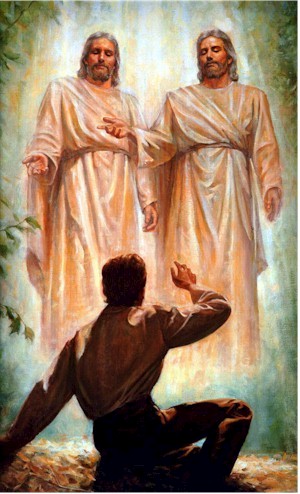 The Bible which Joseph Smith and others used at that time was the 1611 English King James Version. In fact, it was his own thirst for knowledge and truth which led Joseph to search the Bible for answers. Having read the verses in James 1:5-6, the young boy Joseph, sought answers to his questions through earnest prayer and had his first personal encounter with the Living God. The verses that he read were:
The Bible which Joseph Smith and others used at that time was the 1611 English King James Version. In fact, it was his own thirst for knowledge and truth which led Joseph to search the Bible for answers. Having read the verses in James 1:5-6, the young boy Joseph, sought answers to his questions through earnest prayer and had his first personal encounter with the Living God. The verses that he read were:
If any of you lack wisdom, let him ask of God, that giveth to all men liberally, and upbraideth not; and it shall be given him. But let him ask in faith, nothing wavering. For he that wavereth is like a wave of the sea driven with the wind and tossed.
The Reformation also opened the doors for the beginning of congregational religion in which congregations were given the right to organize themselves, conduct their own worship services, and govern their own affairs. Emphasis was placed on the concept of religion being a personal, one-on-one relationship between God and the individual worshiper.
Not as many specific doctrines are shared with mainline Protestants, but Latter-day Saints do have in common a devoted faith in Jesus Christ as Redeemer of the world and as personal Savior. This faith was the moving force in the actions of Martin Luther and other early reformers, and was central to the life and work of the Prophet Joseph Smith. It remains today a central tenet of the Church.

